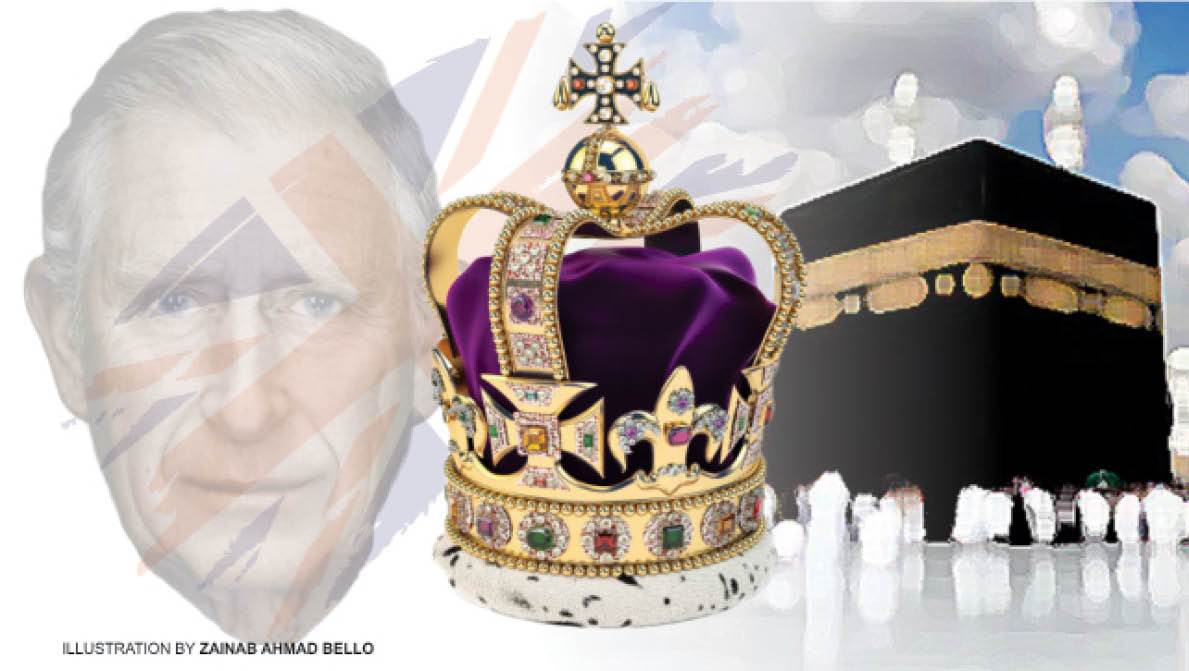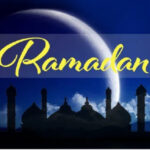Since the passing of Queen Elizabeth II and the elevation of the Prince of Wales to King Charles III, many scholars have mentioned the king’s relationship with Islam. The Queen’s engagements with Islam were few and far between. One is example was the Festival of Islam which Her Majesty opened in 1976.
For the King however, there are so many of such interactions.
- How I use traditional methods to resolve disputes in my community
- Osun gov’ship: Court nullifies Oyetola’s APC nomination
Yet, The King is not a closet Muslim as some would want to believe but he doesn’t hide his soft spot and his understanding of the religion. There have been many instances where he showed this understanding. One of those occasions was the speech he delivered titled ‘Islam and the West’ at Oxford Centre for Islamic Studies on October 27, 1993. Below are parts of the speech.
Ladies and gentlemen, it was suggested to me when I first began to consider the subject of this lecture, that I should take comfort from the Arab proverb, ‘In every head there is some wisdom’. I confess that I have few qualifications as a scholar to justify my presence here, in this theatre, where so many people much more learned than I have preached and generally advanced the sum of human knowledge.
But perhaps, when all is said and done, it is worth recalling another Arab proverb: ‘What comes from the lips reaches the ears. What comes from the heart reaches the heart.’
Our own Islamic community has been growing and flourishing for decades. There are nearly 500 mosques in Brtain. Popular interest in Islamic culture in Britain is growing fast. Many of you will recall – and I think some of you took part in – the wonderful Festival of Islam which Her Majesty The Queen opened in 1976. Islam is all around us. And yet distrust, even fear, persist.
It is odd, in many ways, that misunderstandings between Islam and the West should persist. For that which binds our two worlds together is so much more powerful than that which divides us. Muslims, Christians – and Jews – are all ‘peoples of the Book’. Islam and Christianity share a common monotheistic vision: a belief in one divine God, in the transience of our earthly life, in our accountability for our actions, and in the assurance of life to come. We share many key values in common: respect for knowledge, for justice, compassion towards the poor and underprivileged, the importance of family life, respect for parents. ‘Honour thy father and thy mother’ is a Quranic precept too. Our history has been closely bound up together.
Remember, if you will, that Islamic countries like Turkey, Egypt and Syria gave women the vote as early as Europe did its women – and much earlier than in Switzerland! In those countries women have long enjoyed equal pay, and the opportunity to play a full working role in their societies. The rights of Muslim women to property and inheritance, to some protection if divorced, and to the conducting of business, were rights prescribed by the Qur’an 1,400 years ago, even if they were not everywhere translated into practice. In Britain at least, some of these rights were novel even to my grandmother’s generation! Benazir Bhutto and Begum Khaleda Zia became prime ministers in their own traditional societies when Britain had for the first time ever in its history elected a female prime minister. That, I think, does not necessarily smack of a mediaeval society.
Chancellor, ladies and gentlemen, if there is much misunderstanding in the West about the nature of Islam, there is also much ignorance about the debt our own culture and civilisation owe to the Islamic world. It is a failure which stems, I think, from the straitjacket of history which we have inherited. The medieval Islamic world, from Central Asia to the shores of the Atlantic, was a world where scholars and men of learning flourished. But because we have tended to see Islam as the enemy of the West, as an alien culture, society and system of belief, we have tended to ignore or erase its great relevance to our own history.
For example, we have underestimated the importance of 800 years of Islamic society and culture in Spain between the 8th and 15th centuries. The contribution of Muslim Spain to the preservation of classical learning during the Dark Ages, and to the first flowerings of the Renaissance, has long been recognised. But Islamic Spain was much more than a mere larder where Hellenistic knowledge was kept for later consumption by the emerging modern Western world. Not only did Muslim Spain gather and preserve the intellectual content of ancient Greek and Roman civilisation, it also interpreted and expanded upon that civilisation, and made a vital contribution of its own in so many fields of human endeavour – in science, astronomy, mathematics, algebra (itself an Arabic word), law, history, medicine, pharmacology, optics, agriculture, architecture, theology, music. Averroes and Avenzoor, like their counterparts Avicenna and Rhazes in the East, contributed to the study and practice of medicine in ways from which Europe benefited for centuries afterwards.
Islam nurtured and preserved the quest for learning. In the words of the tradition, ‘the ink of the scholar is more sacred than the blood of the martyr’. Cordoba in the 10th century was by far the most civilised city of Europe. We know of lending libraries in Spain at the time King Alfred was making terrible blunders with the culinary arts in this country. It is said that the 400,000 volumes in its ruler’s library amounted to more books than all the libraries of the rest of Europe put together. That was made possible because the Muslim world acquired from China the skill of making paper more than 400 years before the rest of non-Muslim Europe. Many of the traits on which modern Europe prides itself came to it from Muslim Spain. Diplomacy, free trade, open borders, the techniques of academic research, of anthropology, etiquette, fashion, various types of medicine, hospitals, all came from this great city of cities.
Medieval Islam was a religion of remarkable tolerance for its time, allowing Jews and Christians the right to practise their inherited beliefs, and setting an example which was not, unfortunately, copied for many centuries in the West. The surprise, ladies and gentlemen, is the extent to which Islam has been a part of Europe for so long, first in Spain, then in the Balkans, and the extent to which it has contributed so much towards the civilisation which we all too often think of, wrongly, as entirely Western. Islam is part of our past and our present, in all fields of human endeavour. It has helped to create modern Europe. It is part of our own inheritance, not a thing apart.
More than this, Islam can teach us today a way of understanding and living in the world which Christianity itself is the poorer for having lost. At the heart of Islam is its preservation of an integral view of the Universe. Islam – like Buddhism and Hinduism – refuses to separate man and nature, religion and science, mind and matter, and has preserved a metaphysical and unified view of ourselves and the world aruond us

 Join Daily Trust WhatsApp Community For Quick Access To News and Happenings Around You.
Join Daily Trust WhatsApp Community For Quick Access To News and Happenings Around You.


